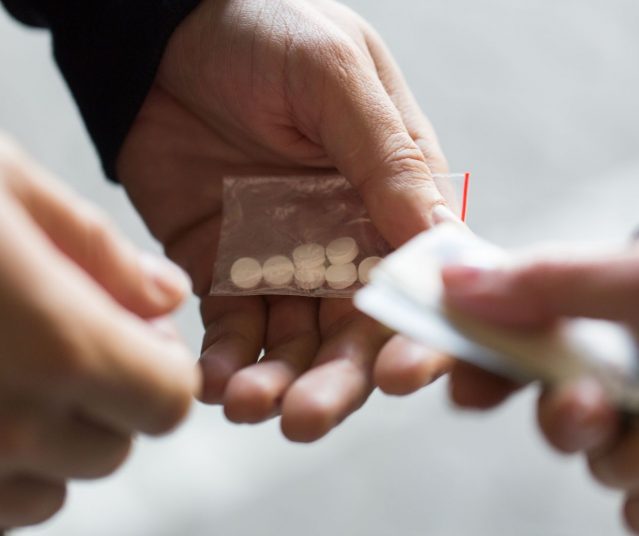
When a person is caught in possession of a drug in excess of the “traffickable” quantity, the prosecution can rely on the quantity of drug to prove that the drugs were intended for supply. This often the case even where there is no other evidence of an individual supplying drugs. This is called “deemed supply”. The consequences of this charge can be very serious. Individuals facing these charges need the help of specialist criminal lawyers.
Streeton Lawyers have extensive experience representing clients charged with the supply of prohibited drugs. If you have been charged with possession or supply, contact one of our expert criminal lawyers for a free consultation and advice on (02) 9025 9888.
The important quantity in what is called the “traffickable quantity”. For cocaine, the traffickable quantity is 3 grams. For ecstasy, the traffickable quantity is relatively low, at 0.75grams. This potentially means that someone caught with as few as 5 ecstasy pills, for example, could be charged with deemed supply.
The weight of a drug exceeding the traffickable quantity significant, because the maximum penalty for possession of a prohibited drug is 2 years imprisonment, but this increases significantly to 15 years imprisonment as a maximum penalty for supply.
The relevant quantity of the drug is the gross quantity or the total weight including any admixtures. This is different to federal or commonwealth criminal law where the relevant quantity is the pure quantity of the drug.
Just because someone is caught with drugs in excess of the traffickable quantity, and then charged with deemed supply, does not mean that they have committed a supply. It is an evidential provision. In other words, the deeming provisions assists the prosecution in proving supply. If a person can prove to the court that the drugs were for another purpose, for example for their own use, that is a full defence to deemed supply.
Although it is still a matter for the prosecution and their discretion whether to charge someone with deemed supply, the ramifications if charged under the deeming provision are significant.
For FREE initial advice about your individual matter, contact one of our expert lawyers.